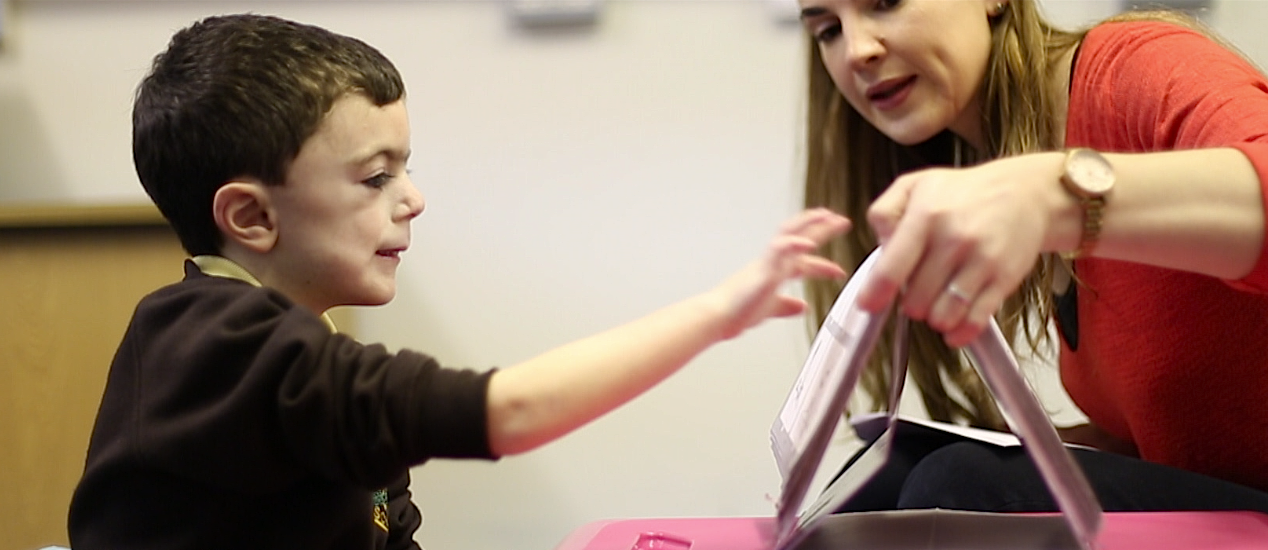Intellectual Disability in Cornelia de Lange Syndrome
What is intellectual disability?
The term ‘intellectual disability’ is used when a person has difficulties with both cognitive (intellectual) functioning and adaptive behaviour (everyday practical and social skills) in comparison to other individuals of the same age. These difficulties had to arise before the age of 18.
'Intellectual disability' is also referred to as developmental disability or learning disability, and in some cultures mental retardation.
Sometimes intellectual disability is described as mild, moderate, severe or profound. This indicates the degree of disability and is based on the impact the intellectual disability has on the person's day to day functioning. In addition, individuals with intellectual disability will have an IQ score below 70 on assessments of cognitive ability (average IQ is between 90 and 109). Not all professionals agree that these categories are helpful as a single 'category' may not fully represent someone's abilities. However, the categories are a useful way to communicate an estimate of someone's general level of functioning.
What is the degree of intellectual disability in Cornelia de Lange syndrome?
Research studies have suggested that most individuals with Cornelia de Lange syndrome had a severe to profound intellectual disability. However, IQs are estimated to fall anywhere between 30 and 86 with a mean of 53. This means that some individuals with Cornelia de Lange syndrome have borderline intellectual disabilities.
In one of the largest of our research studies of over fifty children and adults with Cornelia de Lange syndrome, researchers at the University of Birmingham identified that 50% of our sample (27 out of 54) had a profound intellectual disability, 24% (13 out of 54) a severe intellectual disability, 15% (8 out of 54) a moderate intellectual disability and 11% (6 out of 54) a mild intellectual disability.
Skills development charts can be downloaded from the Cornelia de Lange syndrome Foundation website.
Is there an association between genetic cause and intellectual disability?
A mutation in NIPBL is likely to be present in individuals with classic Cornelia de Lange syndrome. However, individuals with mild Cornelia de Lange syndrome have been found to have NIPBL mutations too. Individuals with an SMC1A or SMC3 mutation tend to have fewer physical features of the syndrome; however, intellectual disability still ranges from moderate to severe.




